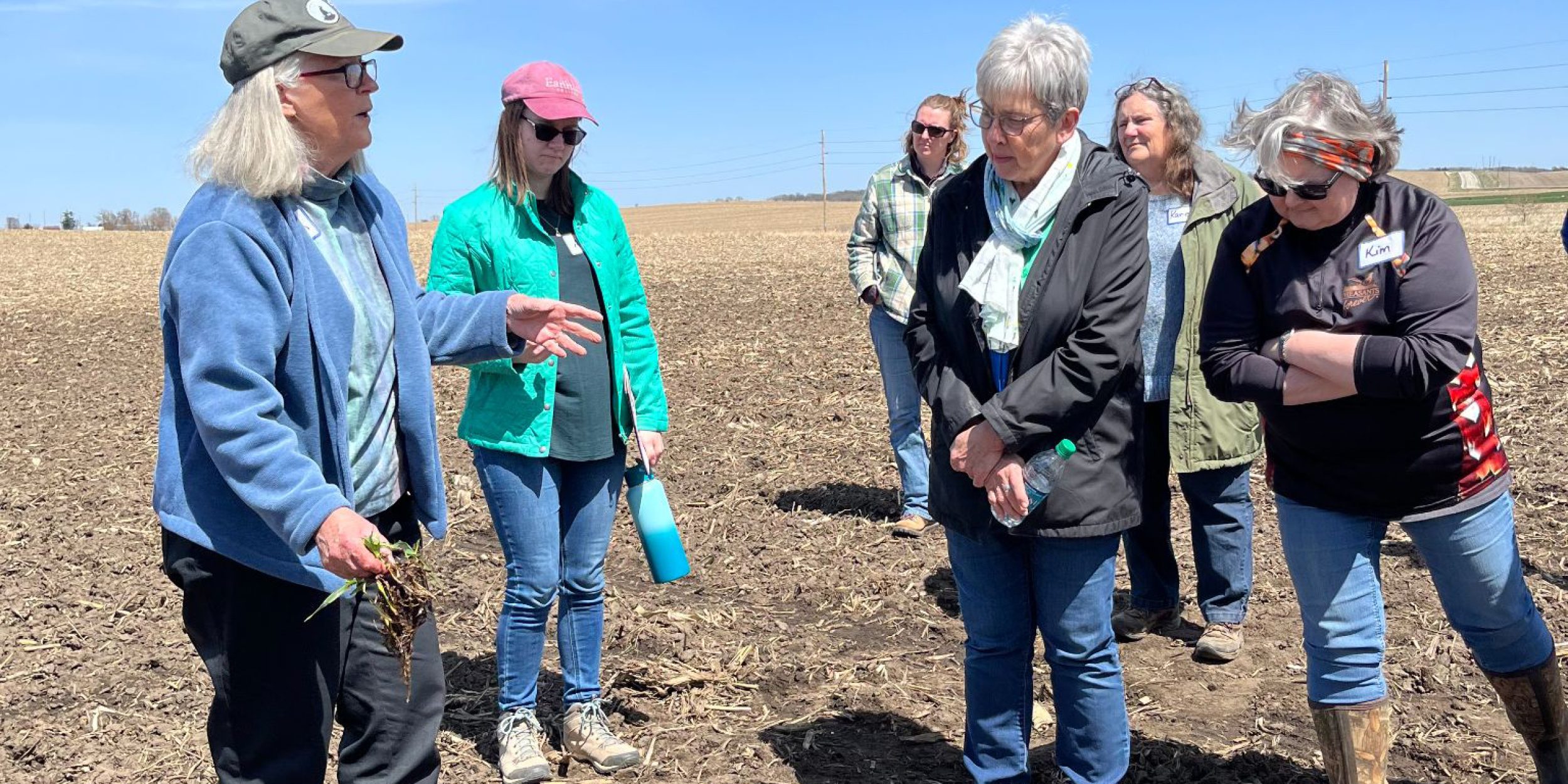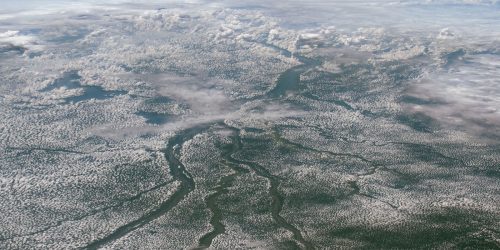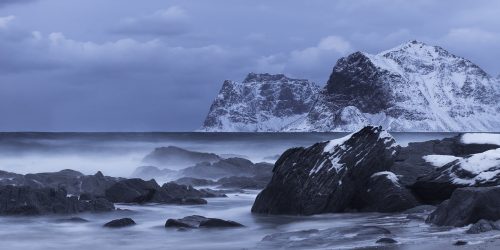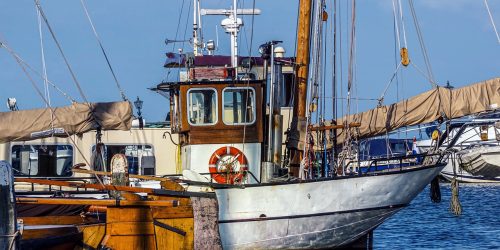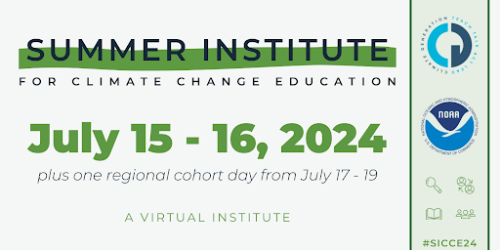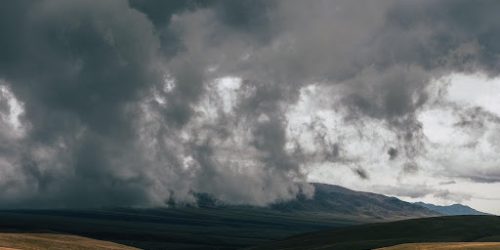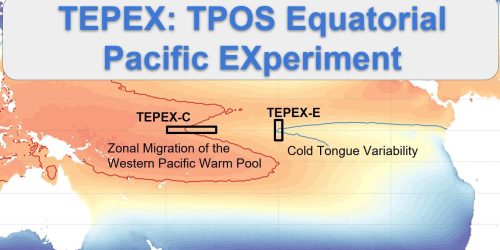At the White House Summit on Building Climate Resilient Communities, NOAA announced that $6 million in funding over five years, through the Inflation Reduction Act, has been awarded to the University of Iowa, and its partners, to expand collaborative research and community engagement projects for climate adaptation planning and action into the Central Midwest states of Iowa, Missouri, Kansas, and Nebraska. The initiative will add a 13th regional team to the NOAA Climate Adaptation Partnerships (CAP) / Regional Integrated Sciences and Assessments (RISA) network.
While centered at the University of Iowa, the Central Midwest team will include partner institutions across the region, including NOAA’s High Plains Regional Climate Center, Iowa State University, Missouri University Science and Technology, the University of Kansas, the University of Nebraska-Lincoln, the Nebraska Indian Community College, the Nebraska State Climate Office, the Sac & Fox Nation, the Center for Rural Affairs, the USDA Midwest Climate Hub, Proteus, and the Women, Food and Agriculture Network. Together, they will co-produce strategies and tools to support sustainable and resilient decision-making driven by the needs and knowledge of local stakeholders.
Among other areas, the team will address two underrepresented, underserved, yet influential groups in the region: (1) tribal nations and (2) women who own farmland. When empowered, these communities support holistic environmental resilience in their communities, and have access to significant amounts of land near the headwaters of regional watersheds. The new Midwest team will leverage existing relationships and experiences with these groups to learn from and collaborate with each other. The team will use techniques such as environmental monitoring, vulnerability assessments and storytelling that acquires institutional, historic and cultural knowledge.
Learn more about current and future funding opportunities »
For more information, contact Jessica Garrison.


